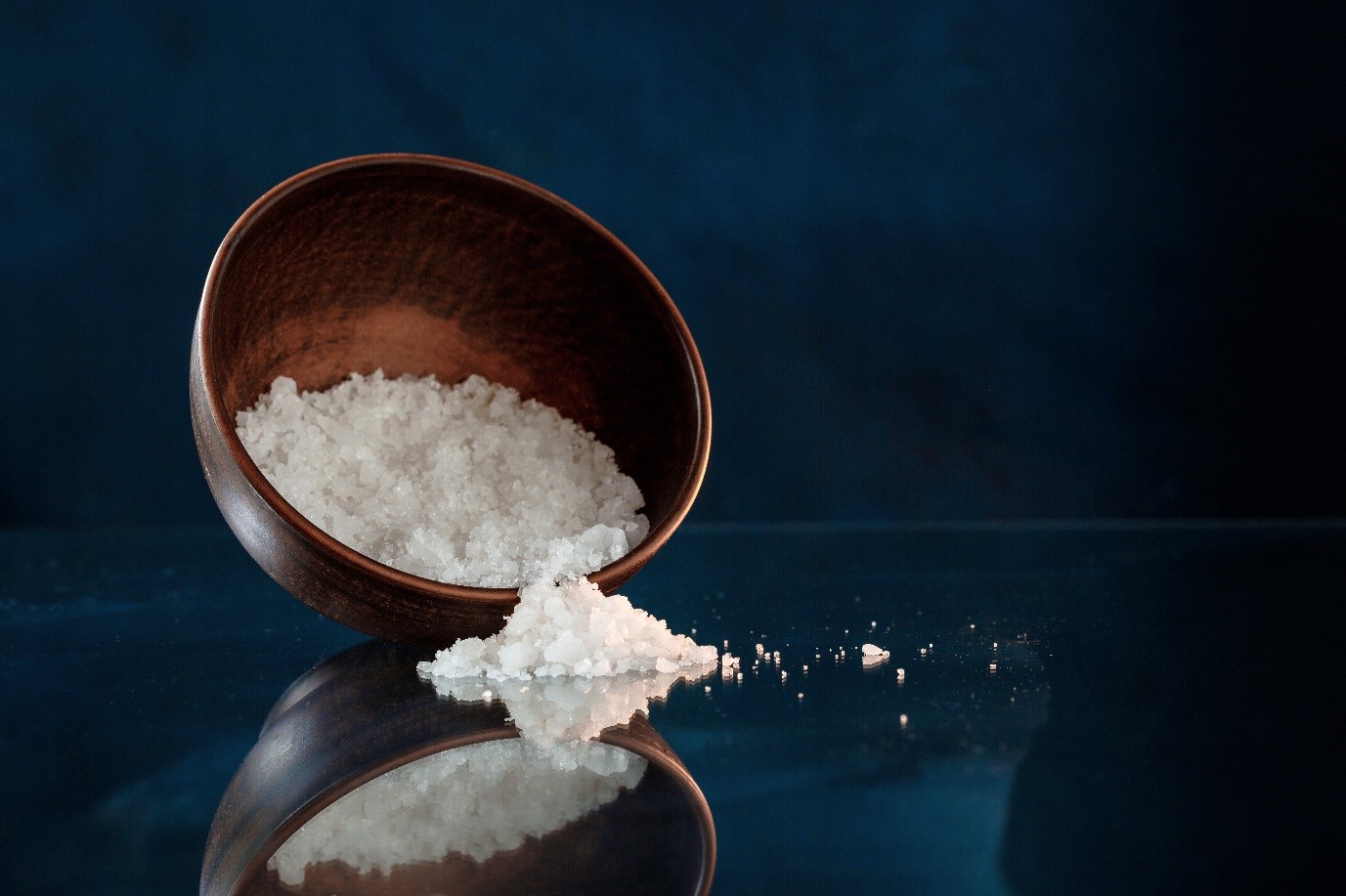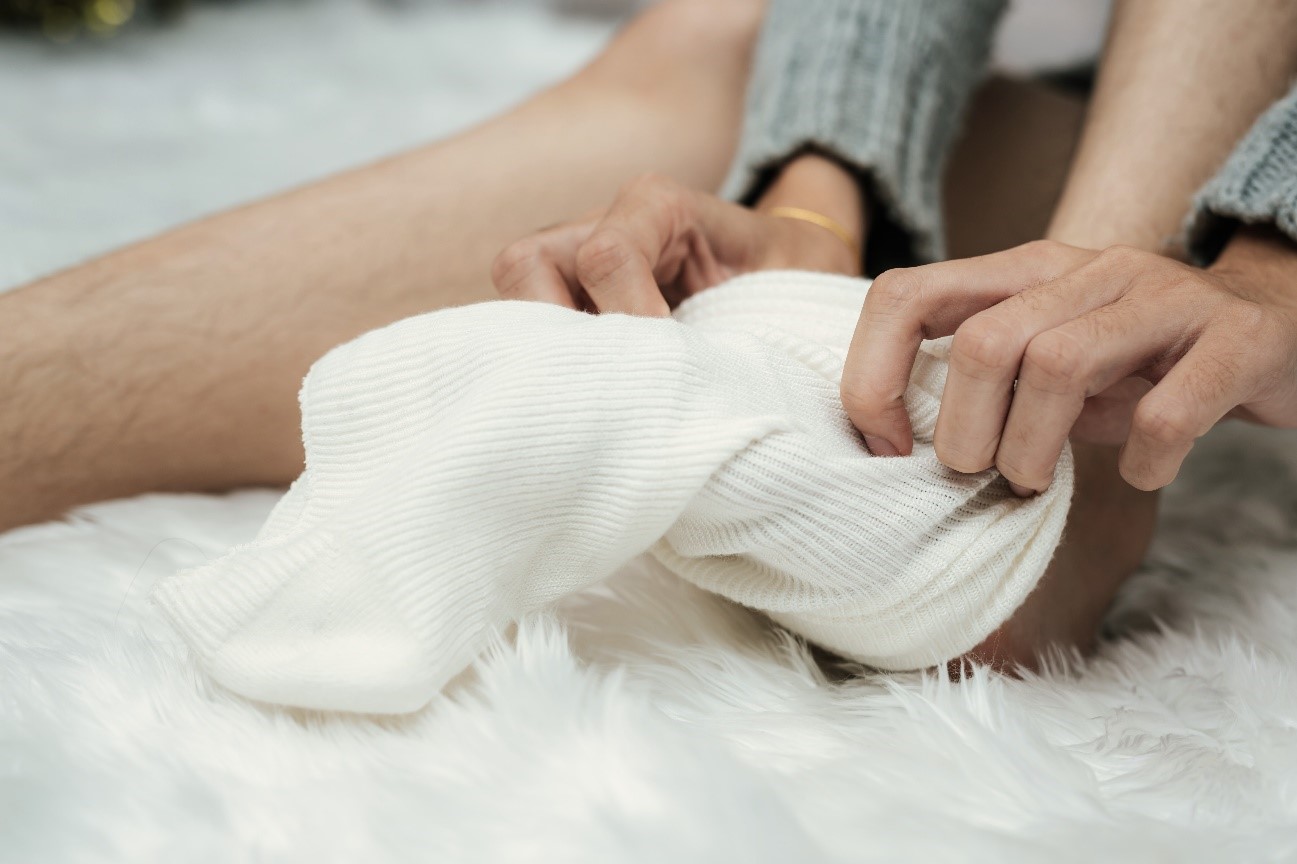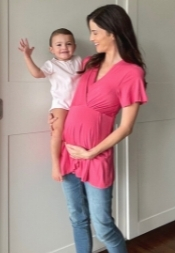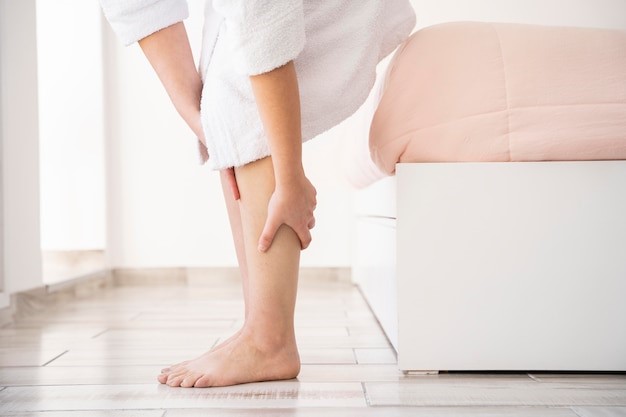That Swells, Or Is It?
If you have noticed that your shoes don’t quite fit anymore or your legs are looking puffier than usual, you’re not imagining things. It's fairly normal to experience some swelling in pregnancy, particularly in your legs, ankles, feet and fingers. That’s one less magical thing about your parent-to-be experience.
Swelling happens because your body retains more water than usual when you're pregnant. Throughout the day, that extra water tends to gather in the lowest parts of your body, especially if the weather is hot or you have been on your feet a lot. This can cause fluid to pool in your legs, ankles and feet. Additionally, the pressure of your growing womb can also affect the blood circulation in your legs.
Fortunately, there’s a number of strategies to get relief from. Lucky you, massages, swimming and sock shopping are in the list! Don't overlook some small adjustments in life, as they can inadvertently solve your swelling troubles.
Rest & Elevate

I know there’s a million thing to care for, but try to rest and stay put if possible. This is because the venous blood in the lower body has difficulty returning to the heart due to the relatively far distance between both the heart and the feet. Therefore, lying down (or sitting) and slightly elevating the feet can make it easier for blood to travel back to the heart, making it easier to eliminate swelling. Even better, prop your leg on a cushion or stool for that extra inclination.
Watch your sodium(salt) intake

That teaspoon of salt into the pot? Uh-uh. Anything but salt to make your dish savoury. Sodium makes your body retain on that extra water. Try keeping canned and processed food at bay as they’re packed with sodium. Keep tabs on your prenatal vitamins containing potassium, they’re a big help to the balance of your bodily fluid.
Wear compression socks

To ease swelling, you can try wearing compression socks with a pressure of 15-20mmHg. These socks work by gradually applying pressure to your legs, helping to push the extra fluid back into your blood vessels and throughout your body.
It's important to avoid socks with a tight band at the top because they can actually make swelling worse by impeding blood flow. This can increase the risk of blood clot, which is five times significantly higher during pregnancy. You don't necessarily have to splurge on high grade socks; one can simply find a good pair of compression socks at an affordable price.
Exercise Methods to Reduce Swelling
Although expectant mothers can't be as active as pre-pregnancy, appropriate exercise can promote the health of both the foetus and the mother, effectively improving swelling issues.
Take a moderate walk
Low intensity exercise like walking is fairly helpful and beginner-friendly. Walking helps to circulate blood and cultivate a stronger heart and blood vessels to pump blood through muscles. Be sure to pace yourself and periodically assess how you feeling. It’s fine to shorten your stroll or skip the routine when your body calls for it, remember, you’re in charge!
Swimming

Dipping in the pool is approved low impact exercise and even help you feel better with the buoyant relief. Be mindful of risks, steer clear from the lake, oceans, and hot spring! Keep exertion to a minimal, watch your steps and always have someone accompanying you on every trip. Make sure you get a green light from your doctor before giving swimming a try!
Step exercises
Using steps, perform up and down movements with both feet, which can exercise the muscles of the calves and help prevent swelling. Since pregnant mothers are prone to losing balance due to their growing belly, be sure to hold onto pillars, walls, or tables while exercising.
Massage
Massaging can effectively promote blood circulation and prevent swelling. Remember to massage gradually upward from the calves, as it helps the blood return to the heart. Massaging before sleep can relieve leg soreness and promote better sleep. Massaging during a bath is also a good choice!
When to worry about the swells
Swelling that comes on gradually isn't a cause for concern for you or your baby, but in some cases, it has related conditions associated with high blood pressure and excess protein in the urine.
If you experience a sudden increase in swelling, it's important to seek medical attention as it could be a sign of pre-eclampsia, a condition that needs to be monitored as soon as possible. Be sure to contact your doctor right away to get the necessary medical care if you notice any of the following symptoms:
- A sudden increase in swelling in your face, hands or feet
- A severe, persisting headache
- Vision problems like blurry vision or seeing “floaters” a.k.a flashing lights
- Intense pain just below your ribs
- Vomiting with any of these symptoms
These could be signs of preeclampsia, which can lead to serious complications if left untreated.
By Jace Lynn







